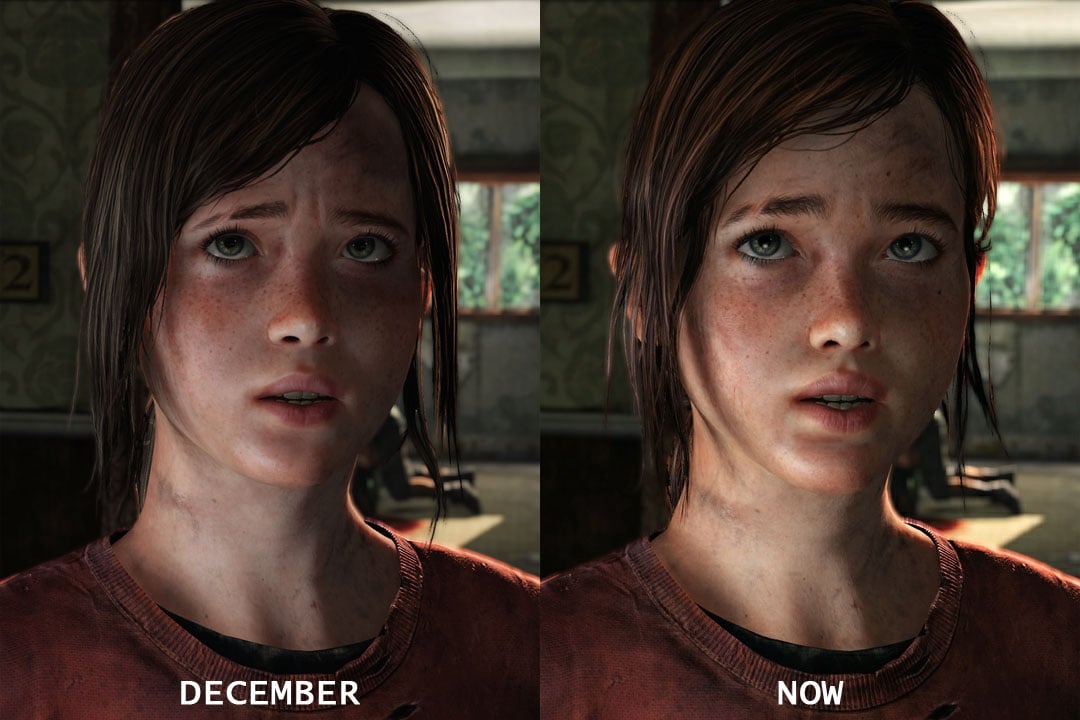

He said that his father thought that the exchange was overall bad for Israel, but that his father would release every prisoner in every prison to free his own son. When discussing the first time Joel kills another man to protect his daughter and the extraordinary measures people will take to protect the ones they love, Druckmann said he follows "a lot of Israeli politics," and compared the incident to Israel's release of hundreds of Palestinians prisoners in exchange for the captured Israeli soldier Gilad Shalit in 2011. You hate someone so much that you want them to suffer in the way they’ve made someone you love suffer.”ĭruckmann drew parallels between The Last of Us and the Israeli-Palestinian conflict again on the official The Last of Us podcast. “This hate that people feel has the same kind of universality. “I landed on this emotional idea of, can we, over the course of the game, make you feel this intense hate that is universal in the same way that unconditional love is universal?” Druckmann told the Post. In his interview, he recounted the anger and desire for vengeance he felt when he saw the video-and how he later reconsidered and regretted those impulses, saying they made him feel “gross and guilty.” But it gave him the kernel of a story. Some of the gruesome details of the incident were captured on video, which Druckmann viewed. The game's co-director and co-writer Neil Druckmann, an Israeli who was born and raised in the West Bank before his family moved to the U.S., told the Washington Post that the game's themes of revenge can be traced back to the 2000 killing of two Israeli soldiers by a mob in Ramallah.

But as someone who grew up in Israel, I recognized a familiar, firmly Israeli way of seeing and explaining the conflict which tries to appear evenhanded and even enlightened, but in practice marginalizes Palestinian experience in a manner that perpetuates a horrific status quo. I suspect that some players, if they consciously clock the parallels at all, will think The Last of Us Part II is taking a balanced and fair perspective on that conflict, humanizing and exposing flaws in both sides of its in-game analogues.

More specifically, the cycle of violence in The Last of Us Part II appears to be largely modeled after the Israeli-Palestinian conflict.


 0 kommentar(er)
0 kommentar(er)
